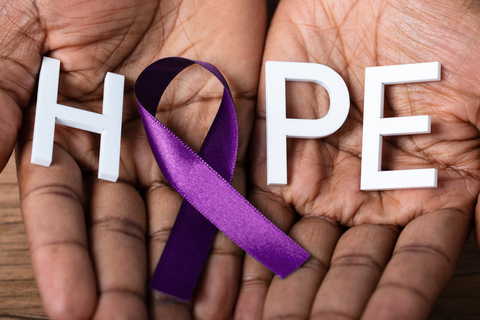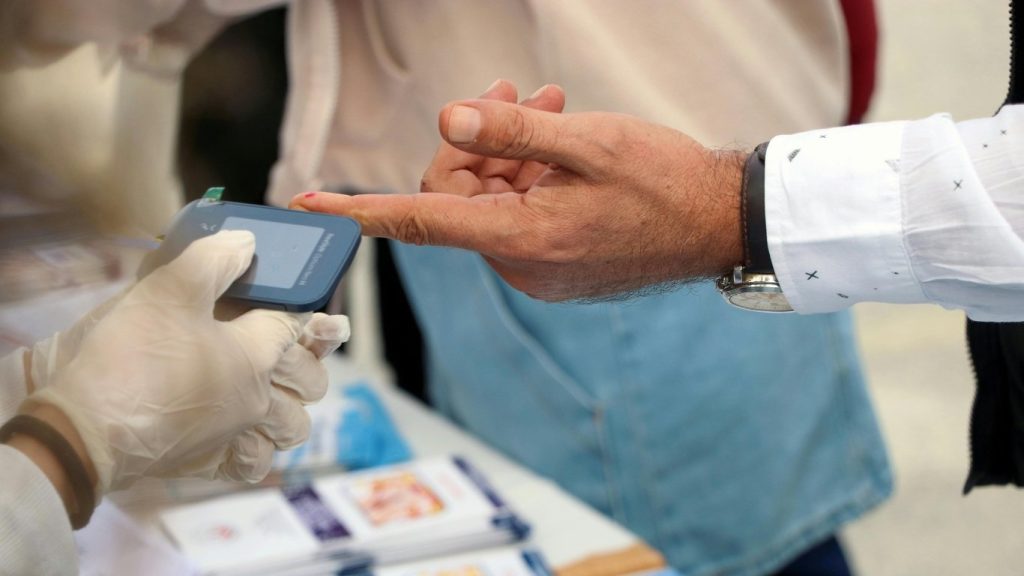Cancer
The Effect of High-Intensity Interval Training on Quality of Life and Incidence of Chemotherapy Side Effects in Women With Breast Cancer
Women with breast cancer (BC) experience multiple symptoms related to neoadjuvant chemotherapy (NAC) treatment that impair their functioning and qu...
Factors associated with breast cancer detection method in California women: an analysis of California Health Interview Survey data
Purpose:
Breast cancer mortality has significantly declined in the U.S. due in part to effective clinical screening methods. However...
Ovarian Cancer Survival Varies Widely Among Asian American Subgroups
Ethnic-specific survival disparities among Asian American patients with ovarian cancer go unnoticed when the population is examined as a single gro...
Five Dimensions of Needs for Help: The Efficacy of a Technology-Based Intervention Among Asian American Breast Cancer Survivors
doi: 10.1007/s13187-024-02415-y.
Online ahead of print.
Eun-Ok Im
1
, Wonshik Ch...
Shining a light on breast cancer on minority women
Shining a light on breast cancer on minority women – CBS Miami
Watch CBS News
Dr. Starr Mau...
Differences in up-to-date colorectal and cervical cancer screening rates by ethnicity and preferred language: An analysis across patient-, clinic-,...
Research objective:
There is interest in using clinic- and area-level data to inform cancer control, but it is unclear what value th...
Trending Topics
Features
- Drive Toolkit
Download and distribute powerful vaccination QI resources for your community.
- Health Champions
Sign up now to support health equity and sustainable health outcomes in your community.
- Cancer Early Detection
MCED tests use a simple blood draw to screen for many kinds of cancer at once.
- PR
FYHN is a bridge connecting health information providers to BIPOC communities in a trusted environment.
- Medicare
Discover an honest look at our Medicare system.
- Alliance for Representative Clinical Trials
ARC was launched to create a network of community clinicians to diversify and bring clinical trials to communities of color and other communities that have been underrepresented.
- Reducing Patient Risk
The single most important purpose of our healthcare system is to reduce patient risk for an acute event.



















